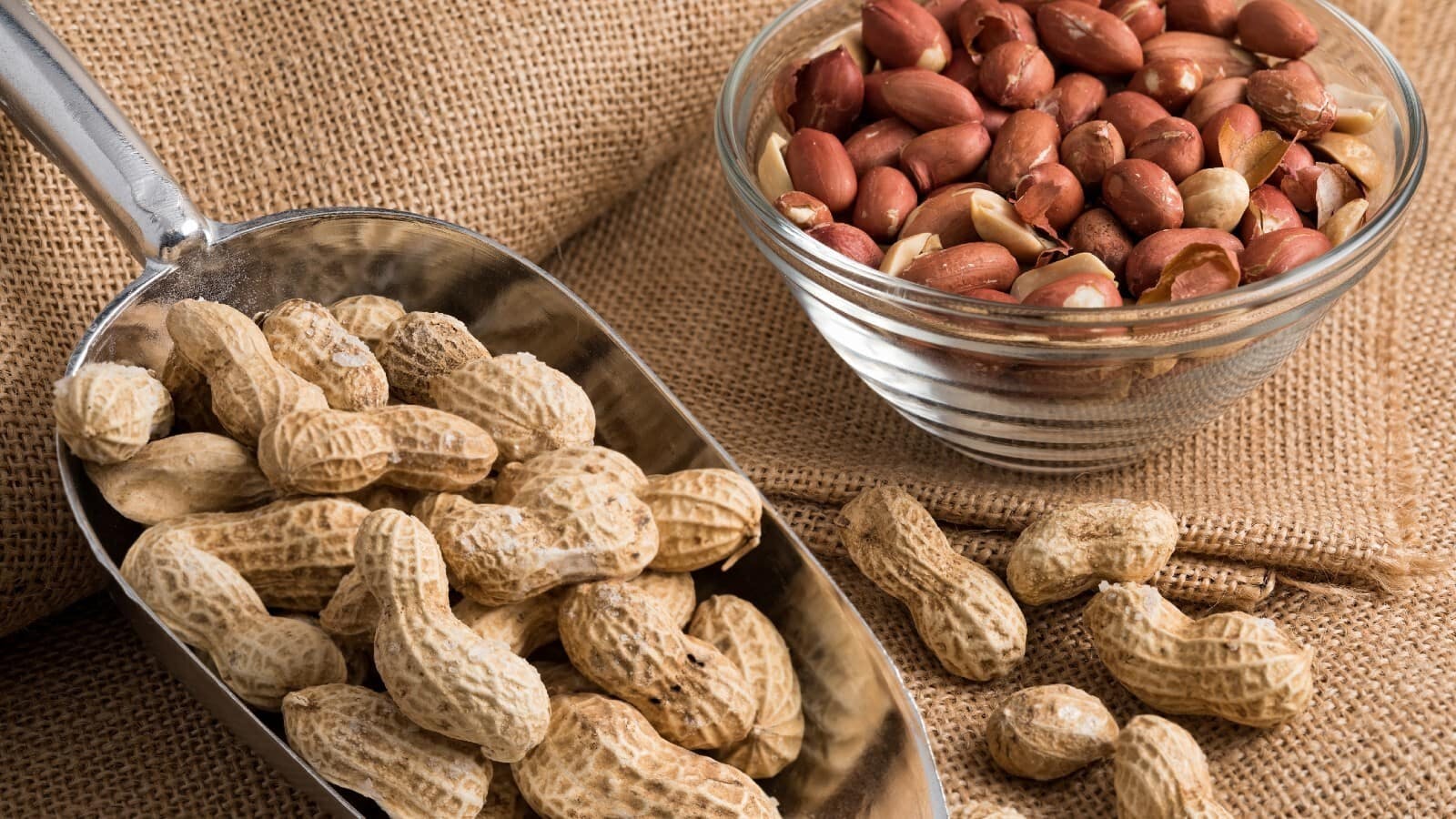Get free snack samples for your office of 10+ people

Get free snack samples for your office of 10+ people
Happy Friday, snackers.
We’ve talked about the health of nuts in general—and almonds specifically—in the past. We noted that their high fiber and monounsaturated fat content, antioxidant capacity, and other benefits make them very healthy choices.
But then there’s the peanut, which isn’t even a tree nut at all, but a legume. Depending which InstaTV channel is on, you might hear someone belittling the mighty peanut for reasons ranging from “anti-nutrients” to allergies to inflammation.
Instead of blindly trusting the latest narrative, let’s take a close look at what the science says.
Peanuts and the heart
A 12-week study found that eating about 50 peanuts per day significantly lowered blood pressure, blood cholesterol and blood triglyceride in participants with elevated serum lipids and blood pressure.
That’s a good start.
Peanuts and Type 2 Diabetes
The Nurses Health Study was one of the largest epidemiological studies of all time, tracking over 80,000 women over 16 years.
One of the many findings of the study was that women who ate peanut butter at least five days per week saw more than a 20% reduction in their likelihood of getting Type 2 Diabetes compared to women who rarely ate it.
So, it’s both peanut butter and peanuts themselves that do the body good. That’s great news for the peanut-butter-obsessed airfare team as well as our newest snack partner, Spread the Love.
Peanuts and inflammation
Some #influencers have suggested that peanuts increase inflammation, but the science simply doesn’t back that assertion.
If anything, studies point to the opposite effect.
A 2016 study analyzed 5,000 participants from the Nurses Health Study for various measures of inflammation. It found the peanut-eaters had significantly lower measures of inflammation, like 20 percent lower C-Reactive Protein. This relationship even held after adjusting for weight and body mass index.
Another interesting finding was that participants who substituted three servings of nuts for servings of meat, eggs and dairy further lowered their inflammation levels.
Peanuts and weight
Finally, peanut critics often disparage the caloric and fat content of these particular legumes. We know that saturated fat is usually not great, and peanuts are high in it, especially for plants.
However, when a randomized group of 50 people ate a few handfuls of peanuts before two different meals each day, and the other group of 50 did not, the peanut-eaters lost more weight.
Six months later, the peanut-eating group members had lost six pounds more than their no-nuts counterparts. And their blood pressure went down, to boot.
The bottom line
As far as we can tell, the results of randomized controlled trials and large-scale epidemiology show that the peanut is heart-healthy and may reduce inflammation, blood sugar, and even our waistlines.
Now that’s nuts…er…legumes.
So add those peanut-butter-powered snacks to your cart with confidence and pride. We certainly will.
